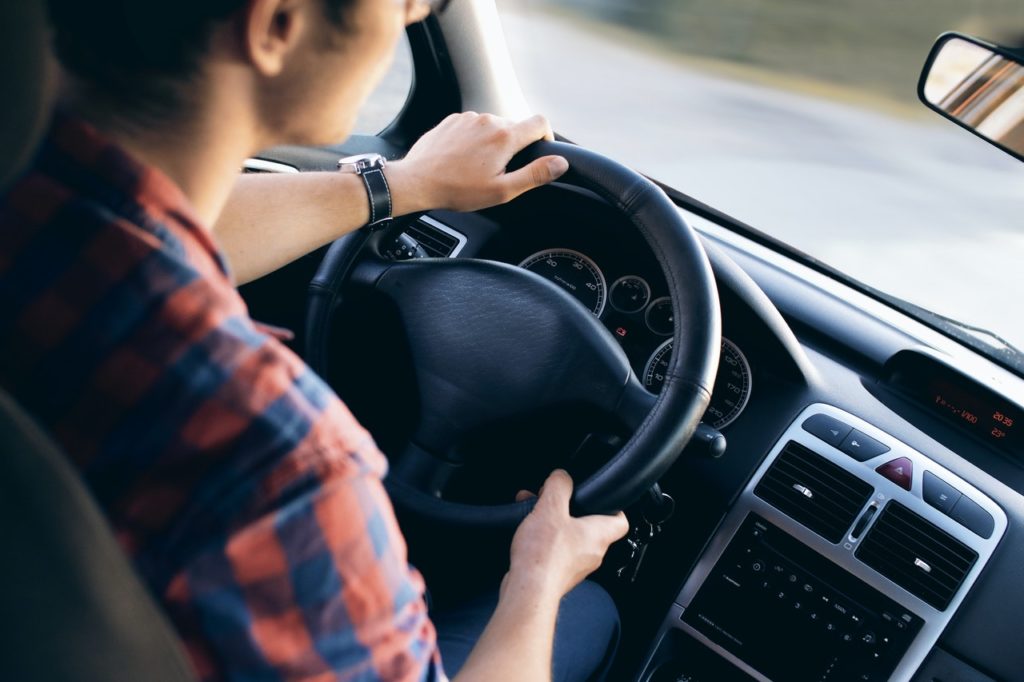Americans love road trips. In fact, even in the middle of a global pandemic, many people still pushed on their cross-country trips. We can’t blame them, though; after staying home for so long, we all needed a breath of fresh air. Besides, diseases don’t spread as fast in large, open areas, like deserted highways.
In a survey conducted by Chevrolet and Harris Poll, 80% of respondents said that going on a road trip has been one of the happiest moments in their lives since March. In addition, 41% drove to a place they’ve never been before. These responses highlight a crucial responsibility many road trip lovers may often forget about: preparing their car for the long drive.
Every time you go on a cross-country road trip, you should make the drive as easy on your car as possible. A number of things can go wrong in the middle of the road, from flat tires to battery failure. If you’re bringing tons of stuff, like those for a camp, you may overload your trunk, slowing down your drive. So to avoid those scenarios, note these tips on making your road trips a breeze on your car:
1. Examine the Tires
The tires suffer the most wear during your road trip. So before taking off, you should’ve been checking the tires’ air pressure at least every 1,000 miles. If you’d overload the car or just drive it for long periods, check the air pressure at every stop. You may bring an air pressure gauge as well for more accurate checks.
Test the rotation of the tires, too. In fact, it should be tested every 5,000 to 8,000 miles, or sooner if you’ve noticed uneven wear. Causes of uneven wear may have something to do with worn or loose steering components, so don’t skip this step.
And finally, check for bulges, gouges, and other visible signs of damage on the tires. Even small debris or minor impact can cause serious damage to the tires, so have a professional test its structural integrity before your road trip.
2. Have Your Car Serviced At Least a Week Before the Trip

To ensure that every component of your wheels and engine won’t break down in the middle of your trip, have your car serviced a week prior. The service will cover tire checks as well as oil changes, brake tests, battery inspection, and engine examinations. Most road-trip-related issues are preventable by servicing, so don’t skimp on this maintenance task.
3. Protect Your Car’s Paint
Many things found in nature can wreak havoc on your car’s exteriors. If you’d camp out in the wilderness, tree sap, bugs, and bird droppings can leave stains on the paint. It may sound like a minor problem, but not all stains are removable by washing alone. Tree sap stain requires special treatment like a polishing product, a rubbing compound, or a clay bar to be removed. Bug splatters, meanwhile, may contain acid that can eat away at your car’s paint if you leave it there for long. And like tree sap stain, bug splatters can only be taken off by special treatments.
To avoid ruining your car’s exteriors during a trip, protect its paintwork with high-quality ceramic car coating. It’s not an additional layer of paint, but rather a material that goes over the car’s clear coat. If you’re unfamiliar with how a car’s paint is applied, the primer coat goes first, followed by the color coat, then the clear coat. Though the clear coat is already a protective layer itself, it can be scratched or damaged pretty easily, unlike ceramic coating.
The ceramic coating protects a car’s paint from UV rays, light scratches, and swirl marks. It also makes your car’s surface easier to clean, not to mention extra shiny. So even if the toughest stains plague it, they won’t adhere as strongly, because the ceramic layer makes the surface more slippy against dirt.
4. Plan Your Rest Stops
Your spontaneity isn’t an excuse for skipping the planning stage of a road trip. While winging your destinations is sometimes the best part of a road trip, it’s not very friendly in your car. If you’d really rather not make a detailed itinerary, at least plan your rest stops. Like you, your car will also need a break after long hours of working. The last thing you need is a sputtering engine in the middle of nowhere.
5. Clean Your Car
By cleaning your car, we don’t mean just a thorough washing; rid the trunk and the seats of unnecessary baggage, too. An overloaded car can add up your fuel economy penalty. So don’t take off until your car is completely clean and relieved of excessive load.
By following these maintenance and preparation tips, your road trips won’t strain your car, and you’d enjoy a smooth, pleasant drive. And as for you, make sure you’re well-rested, well-fed, and hydrated before driving.

